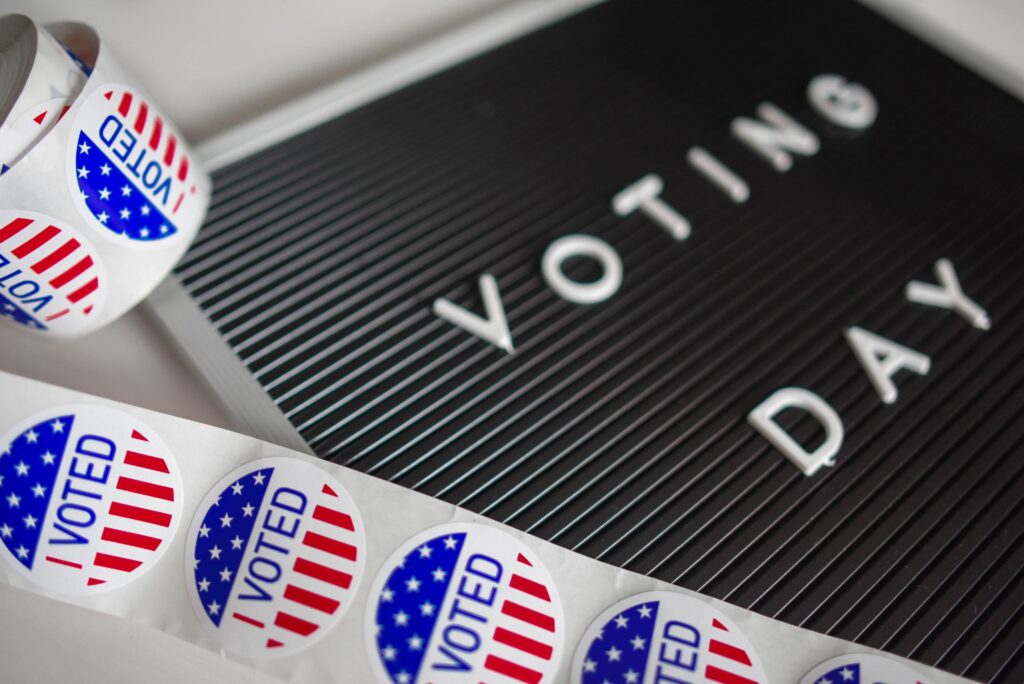In our increasingly interconnected world, the digital age has brought about both unprecedented opportunities and significant challenges. One of the most pressing challenges on the global political stage is foreign electoral interference through digital means. This article delves into the dynamics of foreign electoral interference in the digital age, exploring its methods, motivations, and the urgent need for comprehensive countermeasures.
The Digital Transformation of Political Campaigns
The rise of digital technology has fundamentally transformed political campaigning. Campaigns now harness the power of social media, online advertising, and data analytics to reach and engage with voters on an unprecedented scale. However, these very tools have also become potential vulnerabilities in the electoral process, opening the door for foreign actors to meddle in the affairs of sovereign nations.
Methods of Foreign Electoral Interference
Foreign electoral interference encompasses a wide array of tactics, often leveraged through digital channels. Some common methods include:
1. Disinformation Campaigns: Foreign actors create and disseminate false or misleading information to manipulate public opinion. This can take the form of fake news articles, social media posts, or fabricated documents.
2. Hacking and Data Leaks: Cyberattacks on political parties, candidates, or government institutions can result in the theft and release of sensitive information. This not only disrupts campaigns but also undermines public trust.
3. Social Media Manipulation: Foreign actors exploit the algorithms and reach of social media platforms to amplify divisive content, target specific demographics, and sow discord among voters.
4. Financial Support: Providing financial support to favored candidates or parties through undisclosed channels can influence electoral outcomes and undermine transparency.
Motivations Behind Interference
Foreign electoral interference is motivated by various factors, including:
1. Geopolitical Interests: Nations seek to promote their own interests by shaping the political landscape of other countries. This may involve supporting candidates or parties aligned with their objectives.
2. Destabilization: Disrupting the political processes of rival nations can lead to internal strife, weakening their global influence.
3. Ideological Agendas: Some interference seeks to advance specific ideological or extremist viewpoints, using elections as a means to spread these beliefs.
4. Retaliation: Electoral interference can be a form of retaliation against perceived meddling by another nation in the interfering country’s domestic affairs.

The Challenge of Attribution
One of the key challenges in countering foreign electoral interference lies in attribution. Determining the origin and identity of those behind interference campaigns is often a complex and lengthy process. This can hinder timely responses and deterrence efforts.
Countermeasures and Resilience
Addressing foreign electoral interference requires a multifaceted approach:
1. Strengthening Cybersecurity: Political campaigns, parties, and electoral infrastructure must prioritize cybersecurity to protect against hacking and data breaches.
2. Enhanced Information Literacy: Educating the public on media literacy and critical thinking can help individuals discern reliable sources from disinformation.
3. Transparency and Disclosure: Stricter regulations on campaign financing and transparency can help counter foreign financial influence.
4. International Cooperation: Collaborative efforts among nations to share information and coordinate responses are essential in addressing transnational interference.

Conclusion: Protecting the Democratic Process
Foreign electoral interference in the digital age poses a significant threat to the integrity of democratic processes worldwide. As technology continues to evolve, so too must our strategies for safeguarding elections. It is imperative that nations, political actors, and tech platforms work together to strengthen cybersecurity, promote transparency, and educate the public. In this era of interconnectedness, the defense of democratic values and the protection of electoral processes require global vigilance and coordinated action.
